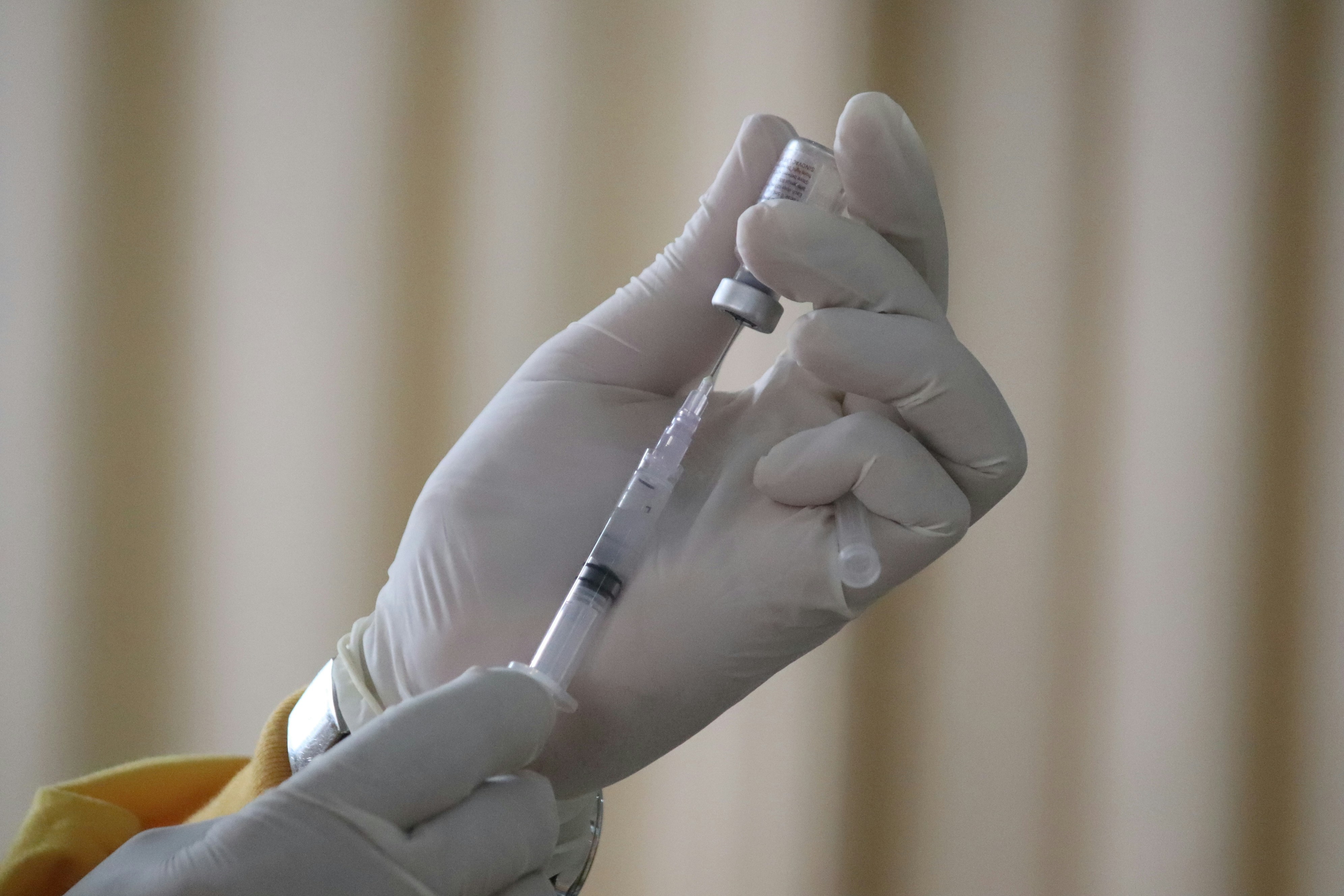Media release
From:
Two-dose recombinant shingles vaccine is effective even accounting for prior receipt of live shingles vaccine
A target trial emulation was conducted to assess the effectiveness of recombinant zoster vaccine (RZV) accounting for prior receipt of live zoster vaccine (ZVL) and immunocompetence. The study found that RZV achieved over 50% vaccine effectiveness (VE) against any herpes zoster (HZ), or shingles, outcome in both older and immunocompromised adults. The results suggest individuals vaccinated with ZVL should be revaccinated with two doses of RZV. The study is published in Annals of Internal Medicine.
Researchers from University of North Carolina, Chapel Hill conducted two analyses of a random sample of adults aged 65 years or older enrolled in Medicare Parts A, B, and D with fee-for-service coverage between 2007 and 2019. Participants had to have six months of continuous coverage before trial enrollment, no claims for HZ since 2007, and no prior RZV vaccination. The first analysis measured the effectiveness of one or more RZV doses versus none, and the second analysis measured the effectiveness of two RZV doses versus one dose. Among 3,456,555 unique individuals evaluated across 12 emulated trials in analysis 1, the 1-year VE of at least 1 RZV dose as 56.1% (95% CI, 53.1% to 59.0%) against any HZ outcome. VE was similar among individuals aged 65 to 80 years and among immunocompromised and immunocompetent individuals. VE was 51.8% (CI, 44.7% to 57.9%) among individuals who had previously received ZVL vaccination compared with 57.7% (CI, 54.2% to 60.9%) among those who had not. In analysis 2, 146,296 individuals were evaluated across 10 emulated trials to determine the effectiveness of two doses of RZV versus one. The analysis found that receipt of two RZV doses yielded a relative VE of 67.9% (CI, 64.2% to 71.3%) against any HZ outcome compared with one dose. Additionally, the analysis found that the second dose is similarly effective whether it is administered within the CDC-recommended window or within an extended window after the first dose. These findings can be used to inform the CDC’s recommendations on RZV in immunocompromised populations and populations who previously received ZVL.



 International
International



